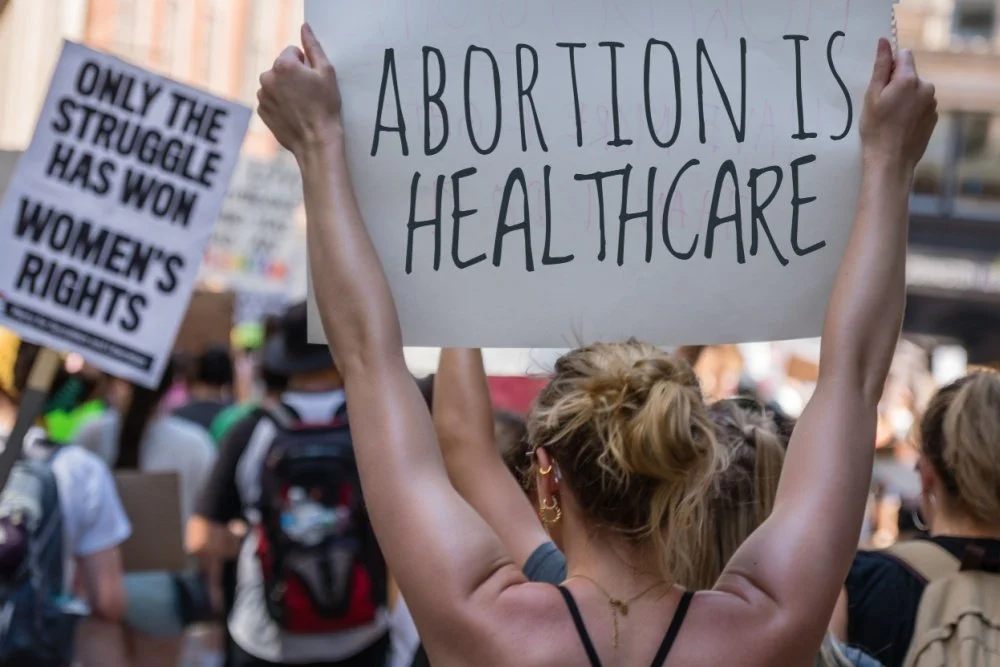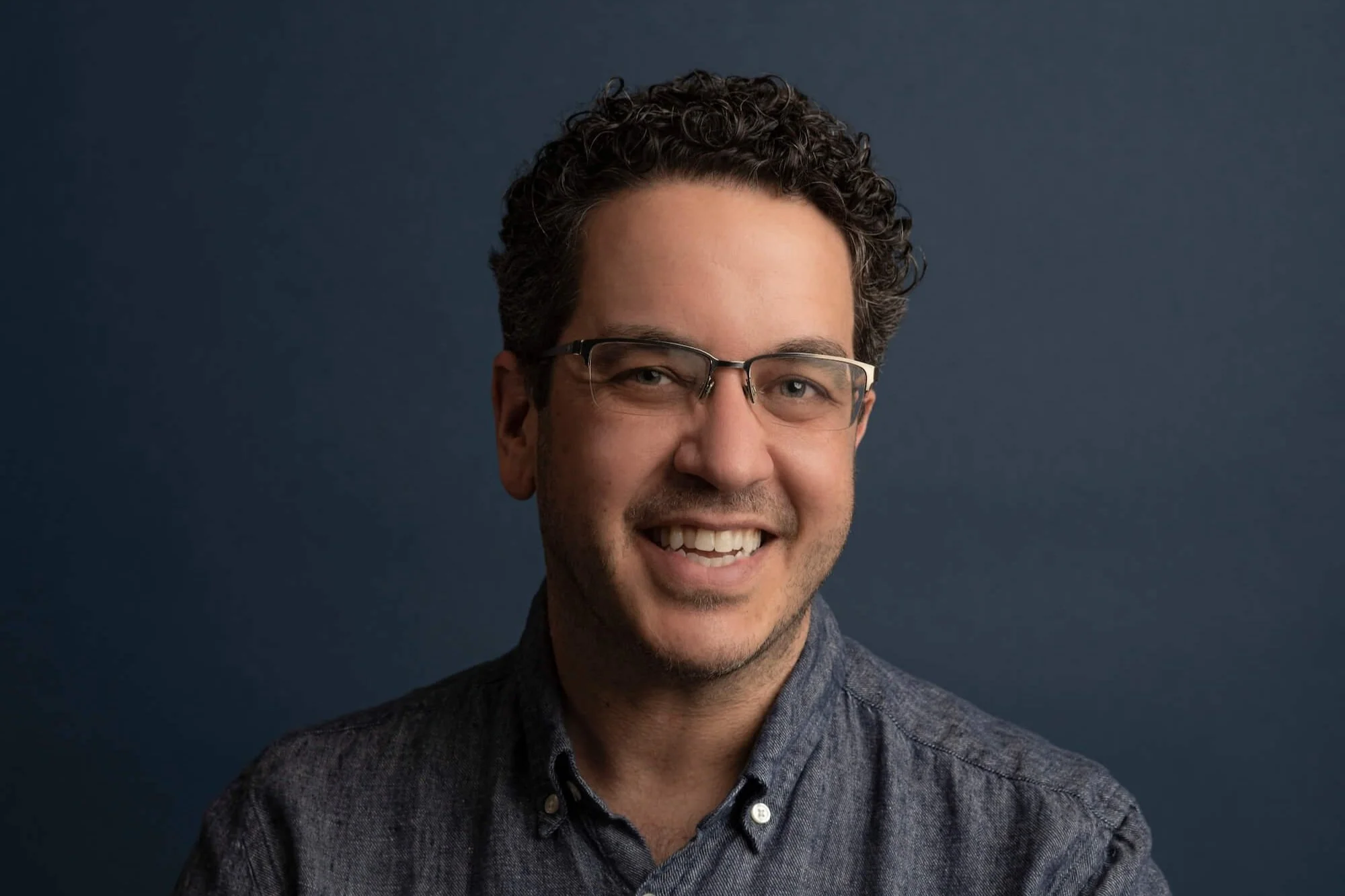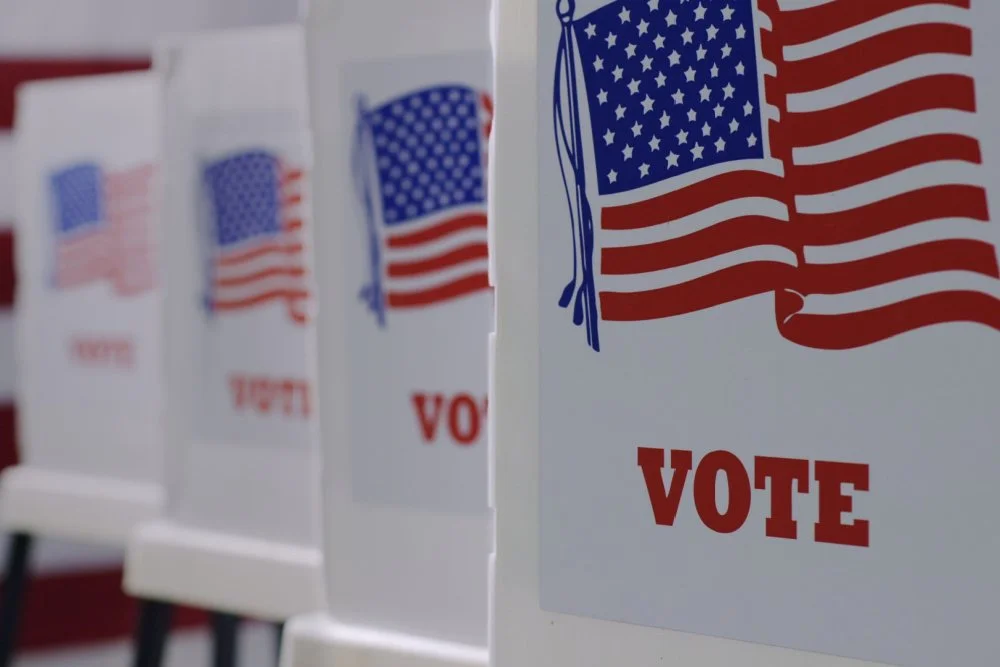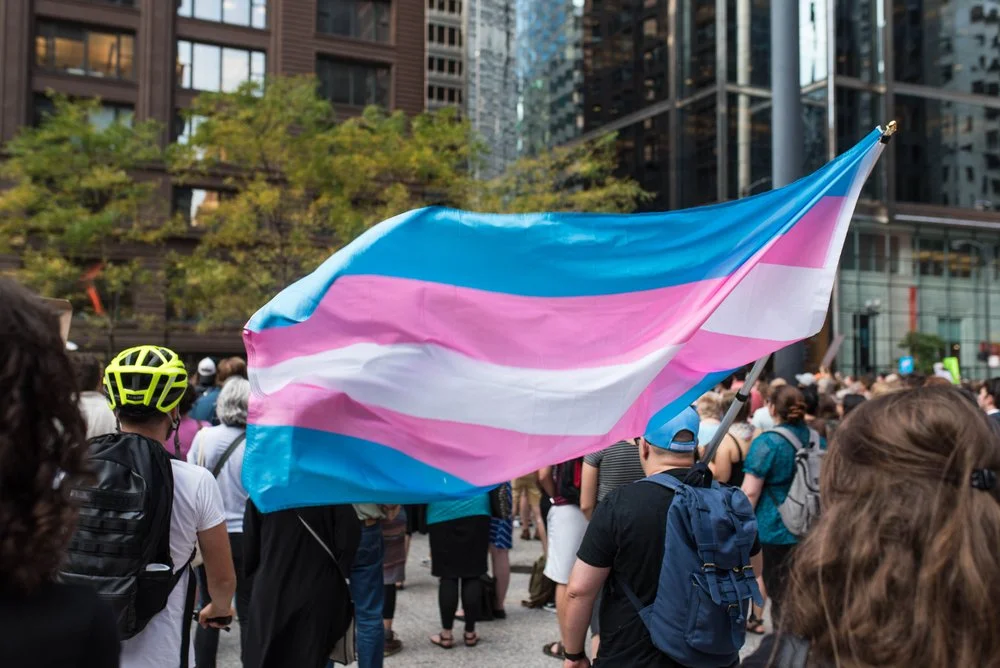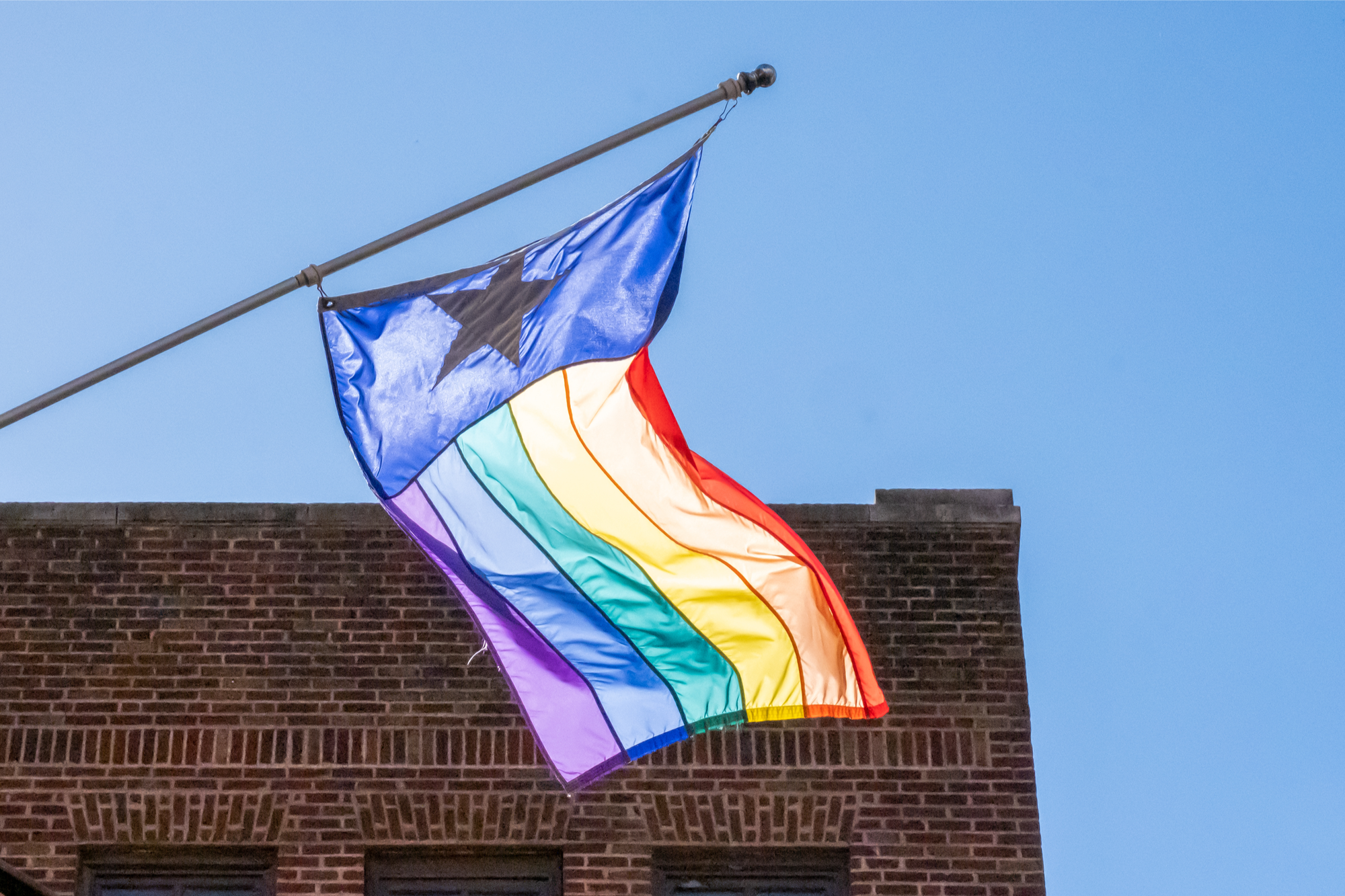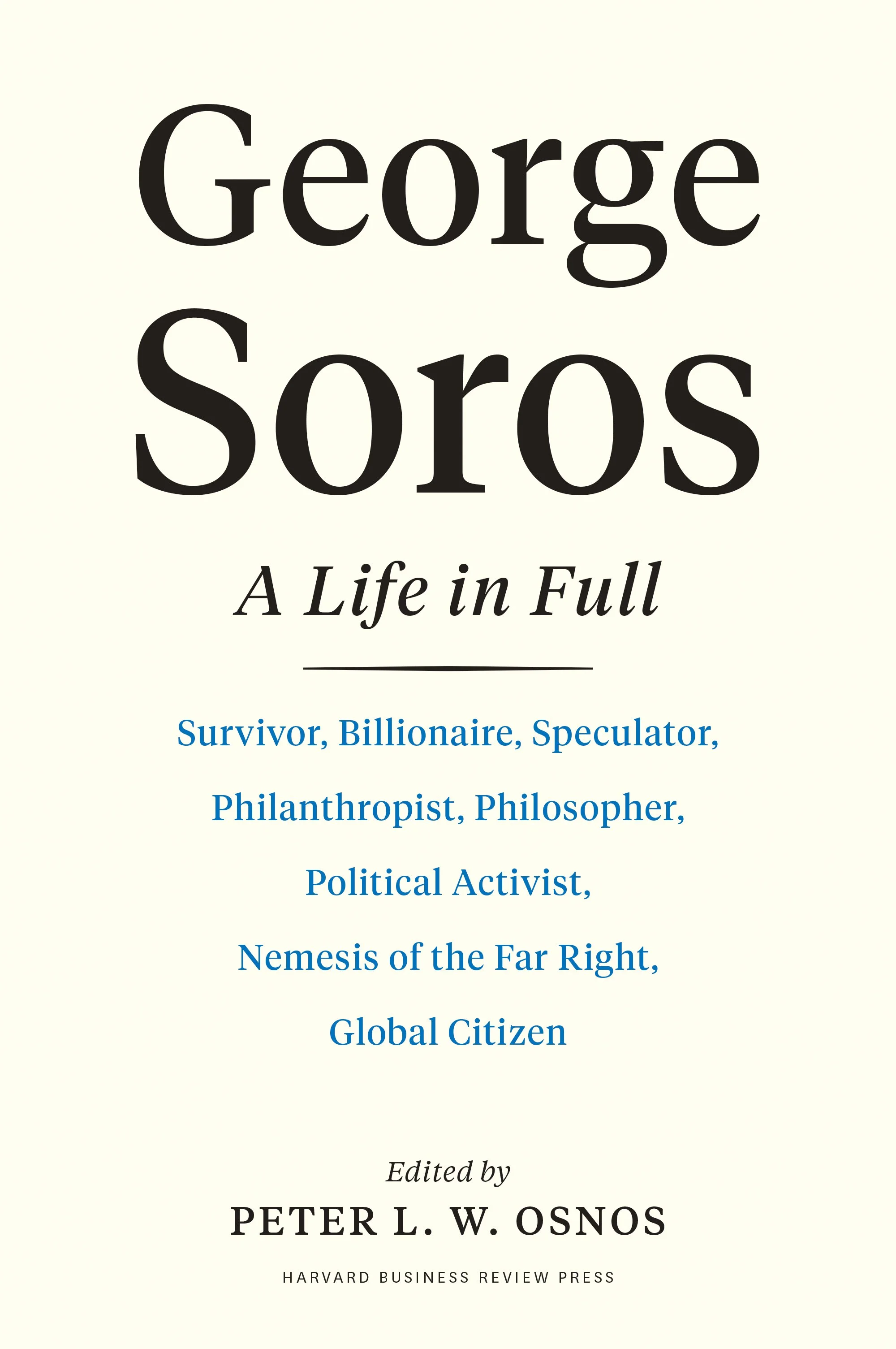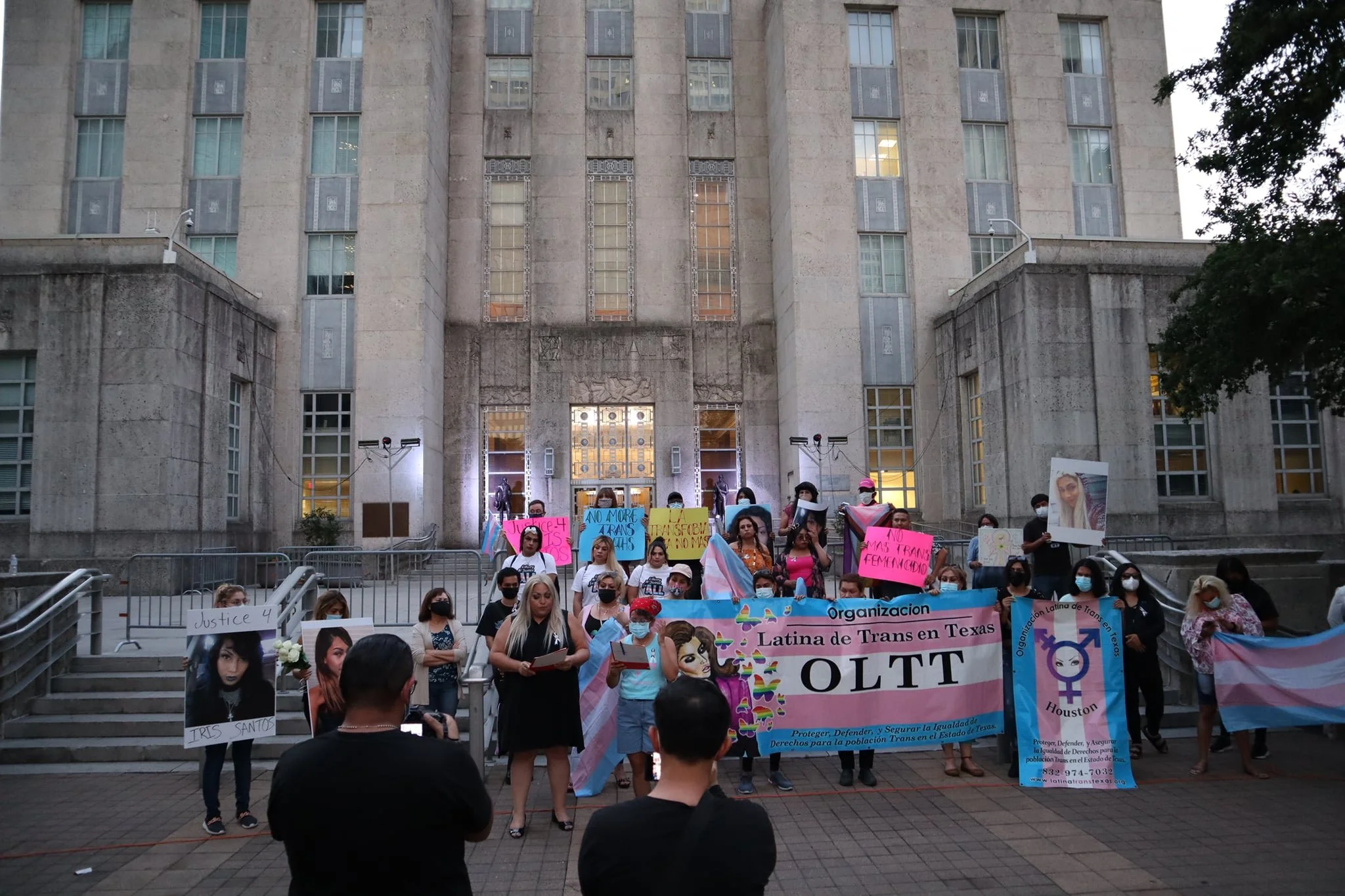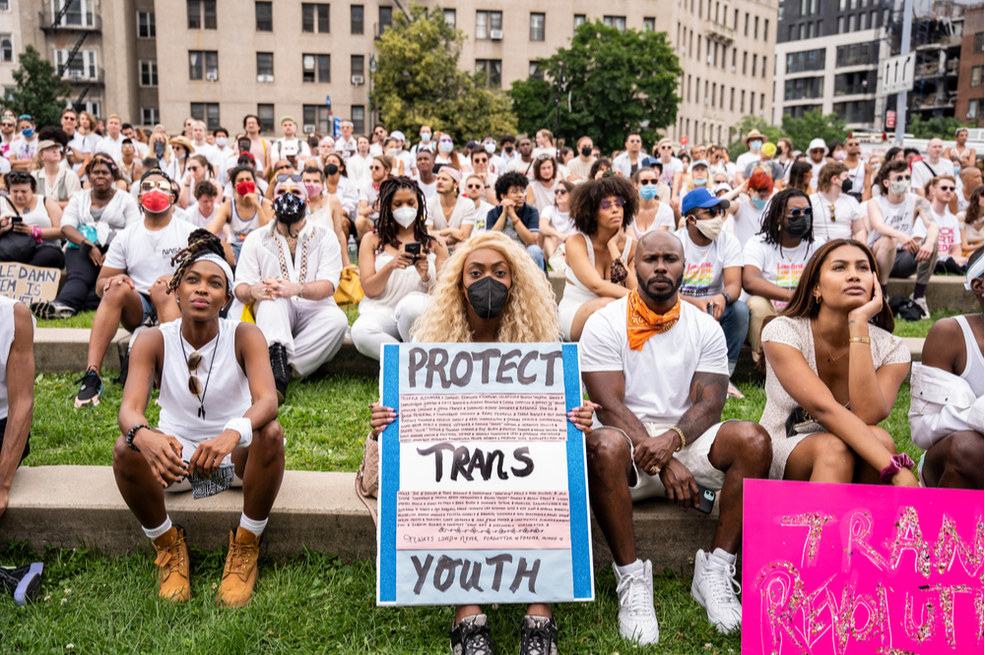In an Era of Both Gains and Fear for LGBTQ Communities, Arcus Embraces a New Strategy
/A gay pride march in Durban, South Africa. Timothy Hodgkinson/shutterstock
As the movement for LGBTQ rights evolved globally, the Arcus Foundation, one of the leading foundations in that space, conducted a lengthy review of its grantmaking criteria, and last February, announced a new long-range strategy for how to focus its giving efforts.
“The challenges facing these communities are deep and they are long-term,” co-Executive Director Jason McGill, who runs the social justice side of the foundation, said in an interview. Arcus strives to be a “long-view funder” that is focused on making a lasting change, McGill said, adding that it has worked to avoid spreading itself too thin, for example, by taking on a geographic focus that is too large, or devoting too many resources toward incremental policy goals.
As part of the shift, Arcus combined its four programs—international human rights, global religions, trans rights, and U.S. social justice—into a single program with three goals: promoting safety, building alliances to achieve policy victories, and working to grow a sense of inclusion and acceptance for LGBTQ communities around the world. In a blog post late last year, the foundation explained how these goals would guide its grantmaking.
On the safety front, Arcus aims to increase access to justice for marginalized people, in part through “strengthening the documentation of violence.” In terms of policy, Arcus will look at efforts that have worked well in various places and might be scaled up, and broad policy objectives that might be championed “in a more systematic way.” And finally, on encouraging greater acceptance, Arcus will “advance strategies that will strengthen public narratives of inclusion that will introduce everyday LGBTQ people to the broader communities.”
Arcus also set three regions of geographic focus: the southern United States (specifically Arizona, California’s Central Valley, Florida, Georgia, New Mexico and North Carolina); East and Southern Africa (prioritizing Botswana, Kenya, Malawi, South Africa and Uganda); and the Caribbean, Central America and Mexico.
Arcus’ new strategy emphasizes the link between LGBTQ rights and racial and economic justice, partnerships with religious and faith communities, and efforts that center the lived experiences of the most marginalized communities. It is also continuing a focus, begun in 2016, on trans-led efforts to improve the lives of the transgender community.
“This is a moment when we’ve got to think really deeply about how we can work differently to confront challenges that have been there for a very long time but are... reconsolidating in ways that are deeply dangerous for all of us in the LGBTQ community,” McGill explained in a webinar posted on Arcus’ website.
The foundation’s announcement that it would retool its priorities came roughly five years after it last charted a new strategy for its social justice work. As Inside Philanthropy reported at the time, the pivot laid out in 2013 moved Arcus away from supporting legislative efforts like marriage equality, and “put more emphasis on grassroots efforts to integrate LGBTQ people into their communities by building cultural acceptance.” Those changes at Arcus came at a time when LGBTQ rights groups in the United States and elsewhere were having to rethink their missions. Between 2009 and 2014, marriage equality became law in some two dozen states, and in June 2015, the U.S. Supreme Court made it the law of the land.
Now, the LGBTQ movement is again experiencing a wave of changes. While sweeping progress has been made in LGBTQ rights and around the world in recent years, enormous challenges remain. In some countries, progress has led to a backlash, including an uptick in hate crimes and government crackdowns that appear designed to push LGBTQ communities into the shadows. In the United States, for example, 2017 brought the highest number of homicides involving LGBTQ people on record, according to the National Coalition of Anti-Violence programs, which found that roughly one LGBTQ person was murdered every week.
And while acceptance for LGBTQ people and support for LGBTQ rights have increased globally since 1980, opinions remain polarized: In countries that were already relatively accepting in 1980, that acceptance has grown, but it has declined in the least accepting countries, according to a 2018 study released by the Williams Institute at the UCLA School of Law.
McGill said there was concern about the rise in populism globally and that marginalized LGBTQ communities were being scapegoated and cast as “boogeymen.”
“You can change a law,” he said. “Ironically, that can have a very chilling effect on rates of acceptance.”
McGill said that a set of grants would be announced in the coming weeks, following Arcus’ next board meeting.


